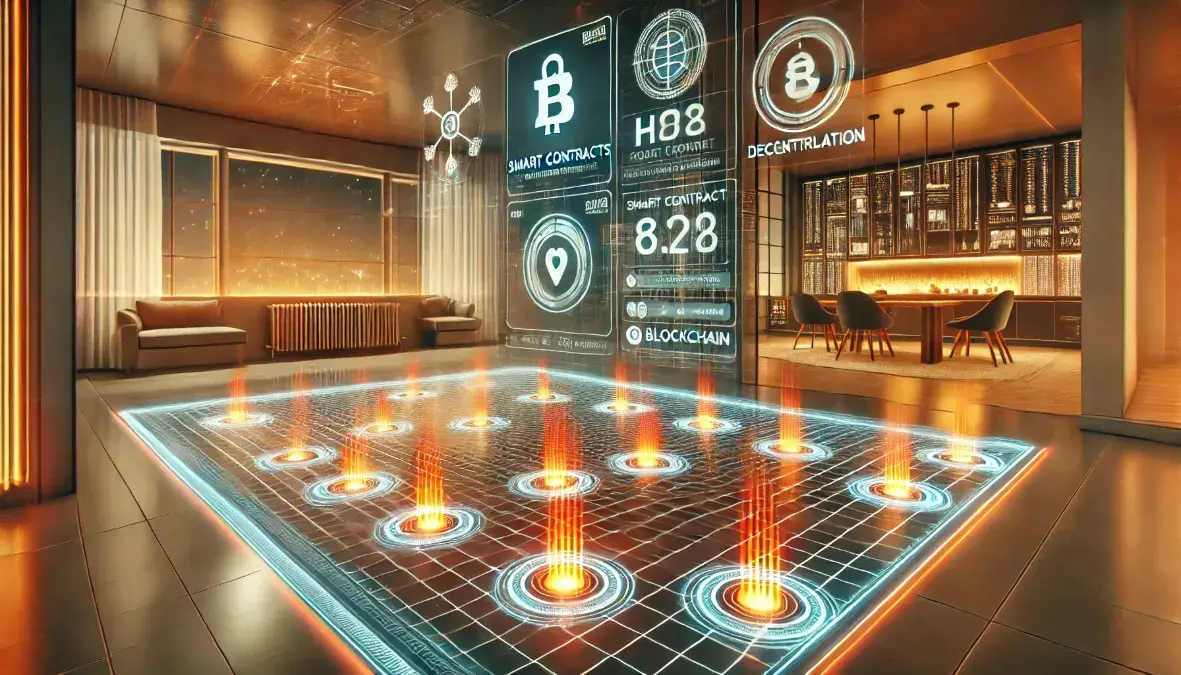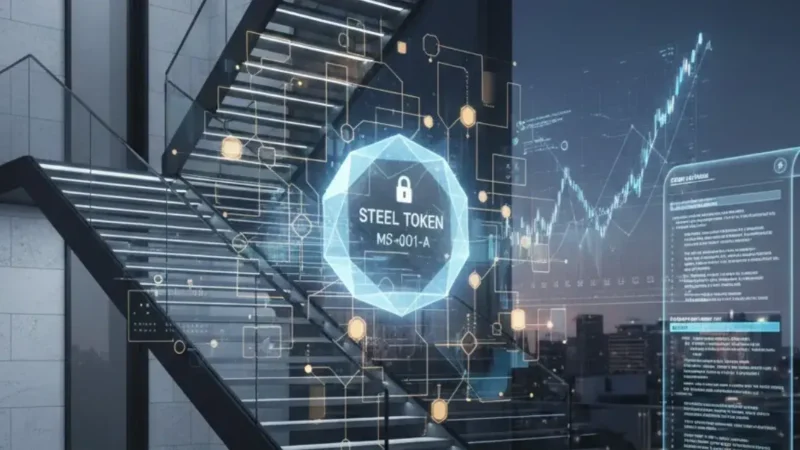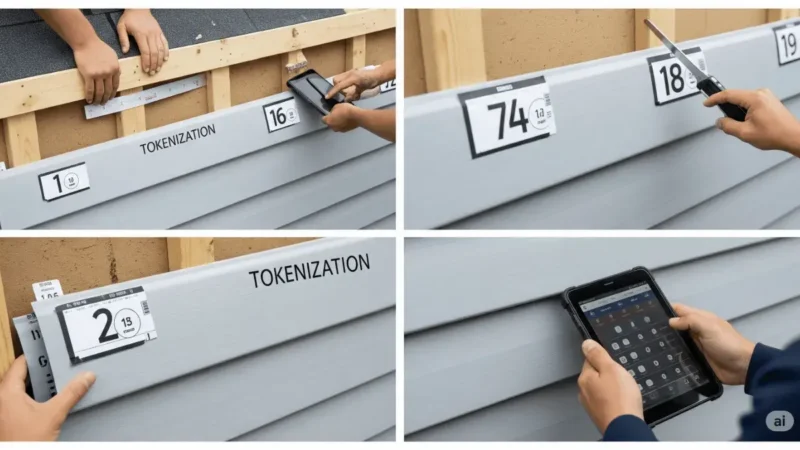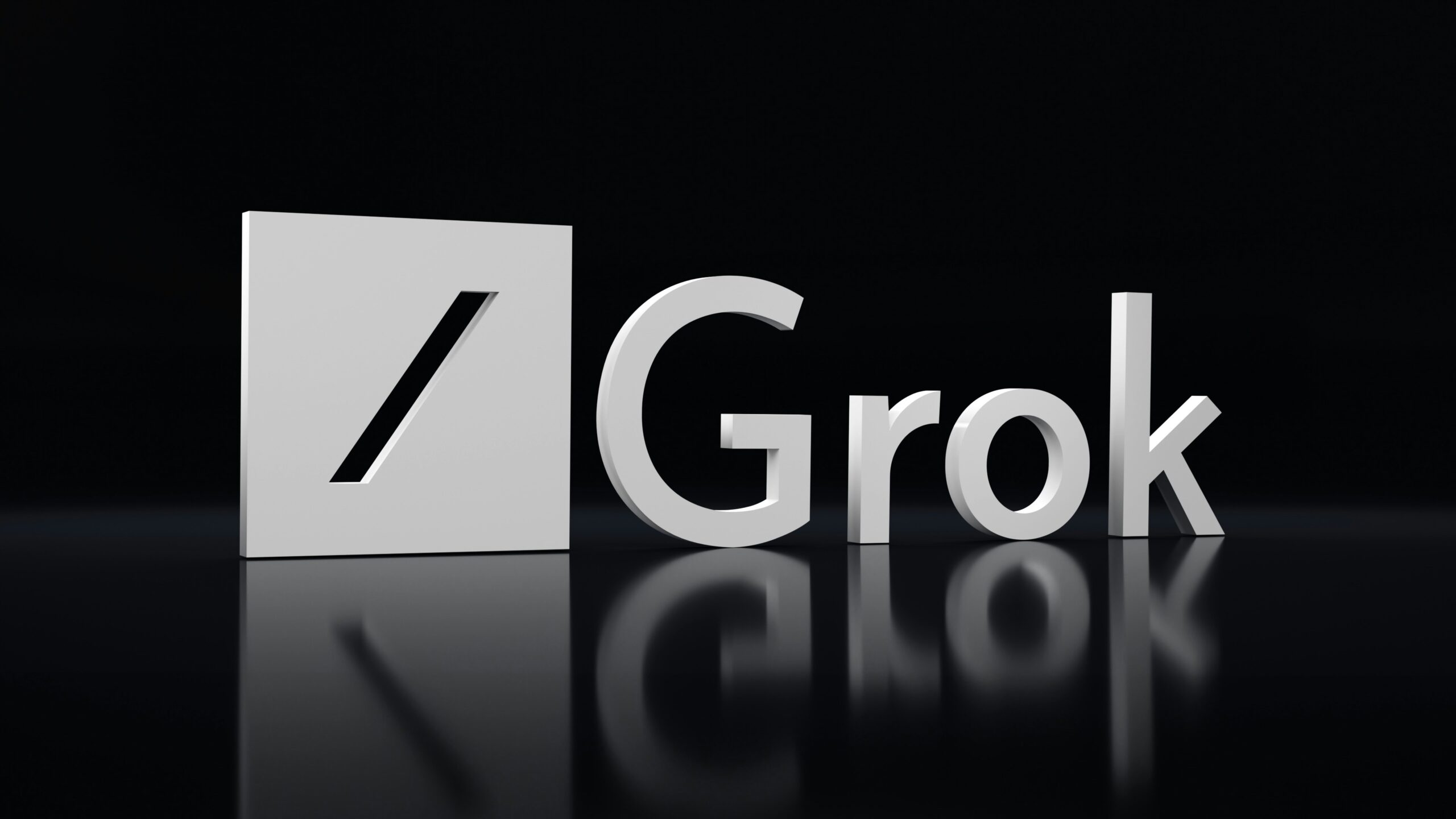Revolutionizing Comfort: Floor Heating Systems Powered by Smart Contract Technology

Understanding Smart Contract Technology
Smart contract technology, a cornerstone of blockchain innovation, refers to self-executing contracts where the terms are directly written into code. These contracts automatically enforce and execute agreements without the need for intermediary parties. By harnessing the capabilities of blockchain, smart contracts ensure transparency, security, and reliability. They facilitate the seamless execution of transactions contingent upon predetermined conditions, leading to enhanced operational efficiencies.
The decentralized nature of smart contract technology offers significant advantages over traditional contract methods. Since they operate on a distributed ledger, all participants in the blockchain network can view the smart contracts. This transparency minimizes disputes, ensuring that all parties are aware of the agreed terms, reducing the risk of fraud. Additionally, transactions through smart contracts are secured by cryptography, making them highly resistant to hacking and data breaches.
Another compelling feature of smart contracts is their ability to automate processes. Once the explicit conditions are met, these contracts execute automatically, removing the need for manual intervention. This automation not only saves time but also decreases administrative costs. Industries ranging from finance to supply chain management are increasingly integrating smart contract technology to revolutionize their operations. For instance, in finance, decentralized finance (DeFi) platforms rely on smart contracts to facilitate lending and borrowing without the involvement of traditional banks.
Moreover, smart contracts have found applications in real estate, where they streamline the property transfer process. By guaranteeing secure transactions, they eliminate the need for real estate agents and reduce transaction costs. These examples underscore the transformative potential of smart contracts across various sectors, further solidifying their role within the blockchain ecosystem. Their ability to provide decentralized, transparent, and secure operational capabilities marks a pivotal shift in how agreements and transactions are conducted globally.
Introduction to Floor Heating System
Floor heating system, an innovative approach to indoor climate control, have gained popularity due to their efficiency and comfort. These systems typically operate on two main types: electric and hydronic. Electric floor heating utilizes electrical cables installed beneath the floor surface to generate heat. This method provides rapid warmth and is particularly suited for smaller areas such as bathrooms or kitchens. The installation process can be straightforward; however, the ongoing electricity costs may be higher depending on usage patterns.
On the other hand, hydronic systems circulate warm water through pipes laid beneath the flooring. This water is heated by a boiler or a heat pump. Hydronic heating is noted for its cost-effectiveness in larger spaces and offers an even and consistent distribution of warmth. Despite their advantages, these systems can involve more complex installation and may have higher initial setup costs, raising concerns for some homeowners.
The primary benefits of floor heating systems, whether electric or hydronic, include improved energy efficiency, increased comfort, and design flexibility, as they allow for uninterrupted aesthetic arrangements. With the heat radiating from the floor, the warmth can be evenly distributed throughout the room, thereby increasing comfort levels significantly, especially in colder months.
As technology continues to advance, the integration of smart technology into floor heating system presents exciting opportunities for enhanced functionality. Smart technology enables users to control heating remotely, customize settings, and monitor energy consumption through various applications. This transition towards intelligent heating solutions sets the stage for the introduction of smart contract technology, which promises to revolutionize how these systems operate, ensuring optimal efficiency and user satisfaction.
The Integration: Floor Heating System and Smart Contract
As the demand for innovative solutions in home automation increases, the integration of floor heating systems with smart contract technology emerges as a transformative opportunity. Smart contracts, which are self-executing contracts with the terms of the agreement directly written into lines of code, can facilitate the automated management of heating systems, ensuring that energy consumption is optimized. These contracts can autonomously monitor and adjust heating levels based on user-defined parameters, such as desired temperature settings or specific usage patterns.
One significant advantage of using smart contract technology in floor heating system is improved energy efficiency. By utilizing real-time data inputs from the heating system, smart contracts can adjust the heating output to maintain optimal temperature without human intervention. This capability not only enhances user comfort but also contributes to reducing energy waste, aligning well with sustainability goals. Moreover, smart contracts can implement dynamic pricing models where users are incentivized to utilize heating during off-peak hours, further optimizing energy consumption.
However, the integration of smart contracts into floor heating systems does not come without challenges. Technical considerations include ensuring reliable communication between the heating units and the smart contract platform. The systems must be capable of accurately relaying data regarding temperatures and usage, necessitating robust IoT devices. Furthermore, the development of a user-friendly interface is essential for users to set their preferences and monitor system performance effectively. Data privacy and cybersecurity also present significant hurdles, as the increased connectivity of heating systems can expose vulnerabilities that must be addressed rigorously.
As the industry advances, exploring the convergence of floor heating systems with smart contract technology will be vital. Stakeholders must navigate these challenges while capitalizing on the enhanced control and efficiency that this integration promises.
Future Prospects and Conclusion
The integration of smart contract technology within floor heating system is set to transform the heating industry in numerous significant ways. As society increasingly gravitates towards sustainable practices, the adoption of smart contracts makes it easier to implement energy-efficient solutions. This technology allows for automatic adjustments in heating based on real-time data and user preferences, ensuring maximum comfort and minimal energy waste. By automating the process of regulating floor heating, homeowners can enjoy substantial savings on utility bills while also contributing to broader energy conservation efforts.
Moreover, the future of heating systems will likely be characterized by increased connectivity and interoperability. Smart contract technology can facilitate seamless communication between various smart devices around the home, resulting in a holistic and efficient management system for energy consumption. By harnessing the Internet of Things (IoT), users could remotely control their heating systems, schedule heating according to specific times, and receive updates on system performance, all governed by smart contracts that execute conditions automatically.
Future trends indicate a growing reliance on renewable energy sources to power such systems. Smart contracts can be programmed to prioritize energy use from renewables when available, further aligning with global sustainability goals. This shift not only adheres to regulatory requirements but also positions users as active participants in the energy market, where they can sell back excess energy generated from their own solar panels or other renewable sources.
Stay informed, read the latest crypto news in real time!
In conclusion, the feasibility and advantages of adopting floor heating systems based on smart contract technology are clear. This integration not only enhances user experience through efficient and responsive heating solutions but also contributes significantly to energy conservation. By embracing innovative technologies in the heating industry, we can create a more sustainable future, where comfort and efficiency go hand in hand.





